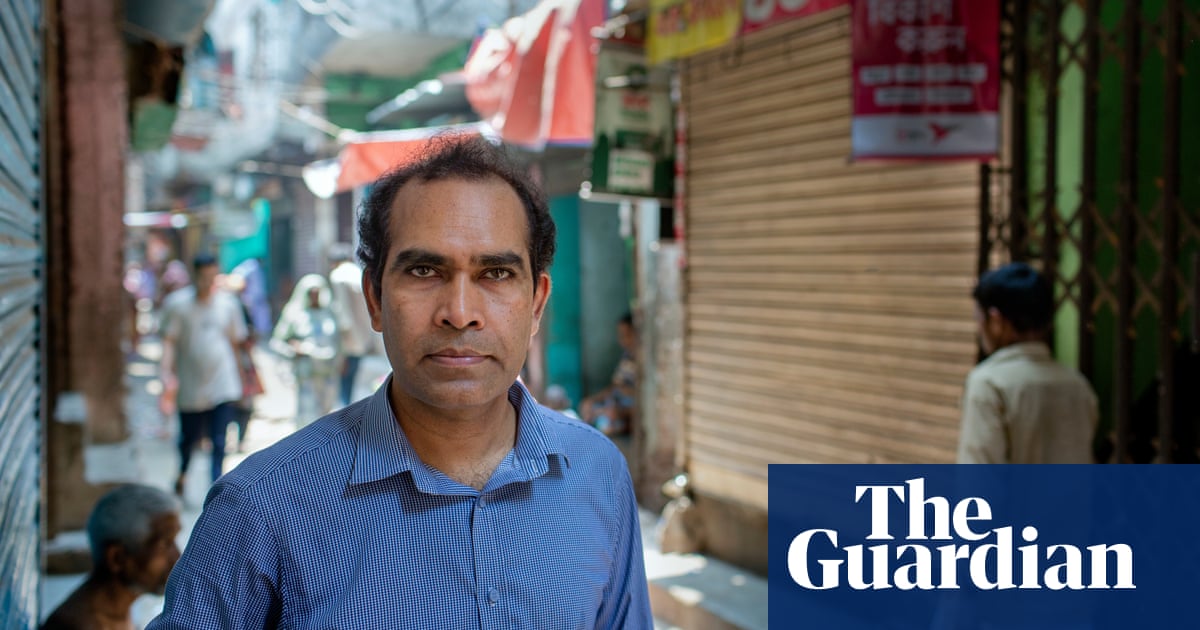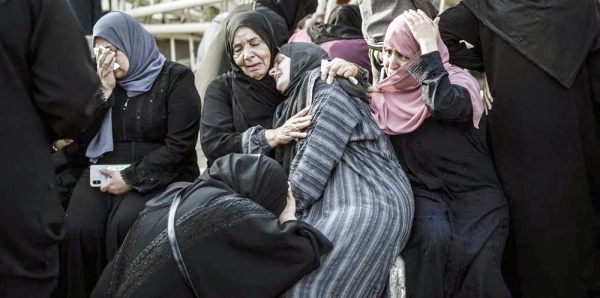
The view from the decaying jetty on the atoll of Peros Banhos takes in a vast lagoon surrounded by palm trees and sun-bleached beaches. From there, more than 50 years ago, some of the last Chagos Islanders were forcibly deported by British colonial administrators.
Their pet dogs, several of which swam out to departing boats, were rounded up; the animals were shot or gassed. Clearance of about 2,000 people from the remote but strategically important archipelago in the middle of the Indian Ocean was complete by 1973.
On the outer islands, creepers and banyan trees reclaimed deserted atolls, enveloping abandoned churches, homes and graveyards. The central island of Diego Garcia, however, became a US military base leased from the UK government.
In return for expelling everybody from their homeland and an extended lease, Washington gave the British government a $14m discount on the purchase of American Polaris nuclear weapons. What became the British Indian Ocean Territory (BIOT) had, in contravention of UN laws, already been detached from Mauritius in 1965 before the latter’s independence was granted.
Removal of the entire population – most of whom were initially dumped without effective compensation in shantytowns in Mauritius and Seychelles – also marked the start of a determined but arduous campaign by Chagossians to obtain the right to return.
A series of legal challenges were brought by the Chagos Refugee Group, notably Olivier Bancoult, who took so many actions in the London high courts that judges referred to them as Bancoult No 1, Bancoult No 2, No 3, No 4 and No 5 for legal convenience.
It was an emotional rollercoaster as Chagossian hopes of returning home occasionally soared only to be dashed by switches in Foreign Office policy. One internal memo notoriously belittled Chagossians as a “a few Tarzans and Man Fridays”.
Bancoult’s first case against the Foreign Office was heard in 2000. The high court sensationally ruled in his favour, judges agreeing that the government did not have the power to expel all inhabitants. Nevertheless, in 2004 the government again declared that no one had the right of abode on BIOT.
In 2010, the outgoing Labour government created a marine protected area (MPA), banning fishing around the Chagos. In Bancoult No 3, lawyers argued that the MPA had been established solely to render it impracticable for Chagossians to live on the islands. Bancoult lost in the UK supreme court.
As further legal challenges came and went, the Mauritian government, working with lawyers including Prof Philippe Sands KC, explored an alternative legal approach – questioning the legality of the original detachment of the Chagos Islands from Mauritius.
Mauritius argued that the separation was in breach of UN general assembly resolution 1514, passed in 1960, which banned the breakup of colonies prior to independence.
Mauritius went to the UN general assembly in New York and urged that the issue be referred to the organisation’s highest court, the international court of justice (ICJ) in The Hague, for an advisory legal opinion on the status of the archipelago.
Cases about Britain’s mistreatment of the Chagossians had aroused international sympathy for their cause. The Mauritian challenge was further helped by the UK’s 2016 referendum vote to leave the EU, depriving the UK of European allies at a crucial moment. When it came to a general assembly vote in 2017 on whether to seek an advisory opinion, Mauritius won by 94 to 15.
The ICJ majority judgment delivered two years later was even more humiliating. The UK was ordered to hand back the Chagos Islands to Mauritius “as rapidly as possible”.
UK diplomats shrugged off the vote, insisting it was only an advisory opinion and therefore non-binding. For the Mauritian government, however, its claim to sovereignty over the Chagos archipelago was now established in international law and endorsed by the United Nations.
Two years ago the Mauritian government sent an expedition to the Chagos archipelago. The Guardian, which had covered the dispute for many years, was present when the Mauritian flag was raised on Peros Banhos in defiance of London’s refusal to hand back the islands.
Despite the flag subsequently being removed by BIOT officials, negotiations with Mauritius eventually began during the UK prime ministership of Liz Truss in 2022. She may have been keen on removing a diplomatic obstacle to post-Brexit British trading relations in Asia.
Two years later, Chagossians are hoping they can finally return, at least to their outer islands. Mauritius has promised to help them go home.












